Dinacharya in Ayurveda for ultimate wellness and balance
What is Dinacharya? दिने दिने चर्या दिनचर्या, दिनस्य वा चर्या दिनचर्या| (A.Hr.Su 2/1, Sarvangsunndari) Dinacharya, also known as daily routine or daily regimen, …
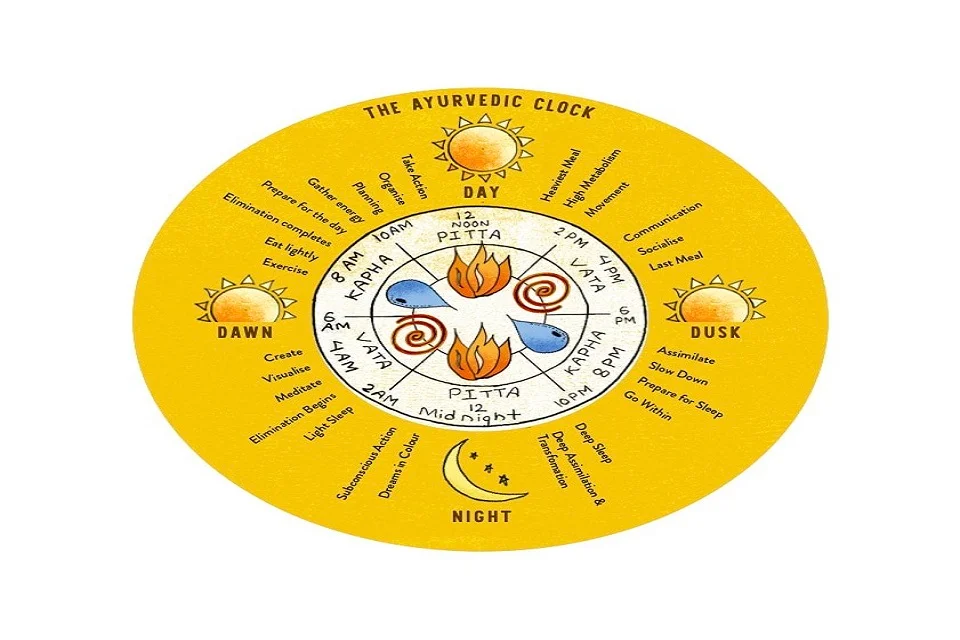
What is Dinacharya?
दिने दिने चर्या दिनचर्या, दिनस्य वा चर्या दिनचर्या|
(A.Hr.Su 2/1, Sarvangsunndari)
Dinacharya, also known as daily routine or daily regimen, is an important concept in Ayurveda, the traditional system of medicine from India. It outlines guidelines and practices to maintain optimal health and well-being by aligning oneself with the natural rhythms of the day.
Are you searching for a holistic approach to achieve optimal well-being and balance in your life? Look no further than the ancient art of Dinacharya in Ayurveda. With roots dating back thousands of years, Dinacharya is a daily self-care routine that aims to align your body, mind, and spirit. This traditional practice is based on the belief that our bodies are intimately connected to nature and its rhythms. By following a consistent routine that includes various activities such as waking up early, oil pulling, tongue scraping, meditation, and exercise, you can experience a myriad of benefits. From improved digestion and enhanced immunity to reduced stress and increased energy levels, Dinacharya offers a holistic approach to wellness that is both time-tested and highly effective. Join us on a journey to discover the secrets of Dinacharya and unlock the ultimate balance and well-being that you deserve.
References
- Charak Samhita
- Susrut Samhita
- Ashtanga Hridaya
- Dinacharya Article
What is the sequence of Dinacharya?
Here’s an overview of Dinacharya practices:
Brahma muhurta (Wake up early)
ब्राह्मे मुहूर्त उत्तिष्ठेत्स्वस्थो रक्षार्थमायुषः|
One should wake up in the early morning in Brahma muhurat(before the sun rises). Brahma Muhurta, which is approximately 1.5 hours before sunrise. This is considered a time of calm and purity.
Brahma muhurta is the most satvik and peaceful time of the day. In the early morning, Sattva Guna is most prevalent, so it is best to meditate and also study. The body is well rested after night’s sleep and the mind is alert, focused, and peaceful. It is most purest time of the day when the atmosphere is calm and minimal pollution (noise, water, air) which enhances the concentration of the mind. As it is Vata’s predominant time, it’s easier to wake up.
Usha pana (Drinking warm water)
Drinking water on an empty stomach. Water should be at room temperature but in winter season lukewarm water can be taken. This helps to kill unwanted bacteria present in the buccal cavity and maintains oral hygiene. This also helps to release constipation i.e. drinking plenty of water early in the morning on an empty stomach eases defecation. Water kept in a copper vessel overnight is beneficial for health. But drinking more water during the time, or in short periods may cause water intoxication
Shauch (Latterine)
शरीरचिन्तां निर्वर्त्य कृतशौचविधिस्ततः||१||
Emptying the bowels and bladder is important for eliminating waste products from the body. Establishing a regular schedule for bowel movements is beneficial.
The reason for mentioning this in the daily routine is that due to holding of feces, cramps in the calves, catarrh, headache, etc. The coming of Apanavayu in the upward movement becomes a possibility of having a foul odor, anal colic, and diarrhea.
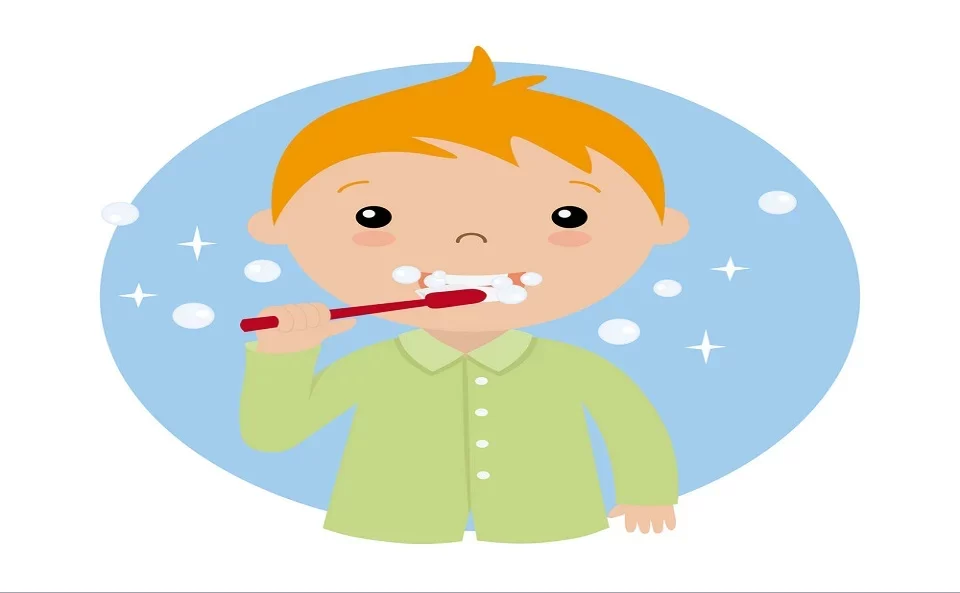
Dantdhavan (Teeth brush)
अर्कन्यग्रोधखदिरकरञ्जककुभादिजम्|
प्रातर्भुक्त्वा च मृद्वग्रं कषायकटुतिक्तकम्||२||
कनीन्यग्रसमस्थौल्यं प्रगुणं द्वादशाङ्गुलम्|
भक्षयेद्दन्तपवनं दन्तमांसान्यबाधयन्||३|
One should use tooth cleaning with Kashaya (astringent), Katu (pungent), and Tikata (bitter) in taste.
Karanj, Nimba, Karavira, Khadira, Arka, Nayagrodhra, Asana, and Arjuna are recommended for being used as tooth cleaning sticks.
The tip of the tooth should be soft, not dry or hard. Thick as minimum finger not too much thick and thin. Datun should be straight, Datun should be twelve fingers so that it is easy to hold and the tongue can be cleaned by slicing it from behind. This removed the dirt of the tongue & Teeth.
Jihva nirlekhan(Tongue scraping)
Tongue scrapers which should not have sharp edges and are curved, are to be made of metals like Gold, Silver, Copper, Tin, and Brass.
Copper or steel tongue should be used. The length of the tongue should be 10 fingers. The front part should not be sharp and crooked in shape. Jihvanirlekhana should be destroyed by mouth disease, tongue disease, and bad breath.
Anjana(Collyrium)
सौवीरमञ्जनं नित्यं हितमक्ष्णोस्ततो भजेत्|
चक्षुस्तेजोमयं तस्य विशेषात् श्लेष्मतो भयम्||५||
One should regularly apply the Collyrium. Sauviranjana(made of antimony) is applied daily.
योजयेत्सप्तरात्रेऽस्मात्स्रावणार्थं रसाञ्जनम्|
Rasanjana (a preparation of Berberisaristata DC.) is to be applied once in eight nights for lacrimation of the eyes.
The way gold that is tarnished is purified by oil, cloth, and hair. In the same way, the eyes are made pure with Anjan. There is no dirt and irritation in the eyes from Anjana.

Navana (Nasal drops)
ततो नावनगण्डूषधूमताम्बूलभाग्भवेत्||६||
One should inhale Anu Taila every year daily during the three seasons, viz., the rainy season (Varsha), the autumn (Sharad), and the spring (Vasant), when the sky is free from clouds.
Eyes, nose, ears never get diseased. The hair of the head and the beard and mustache are not white and hairless in famine.
Gandoosha (Gargles)
The quantity of medicine or liquid which is kept only in the mouth and cannot be rotated here and there, is called Gandhusha. The quantity of medicine or liquid that is kept only in the mouth and rotated here and there is called kavala.
Tila taila gargling is beneficial for the strength of jaws, depth of voice, flabbiness of face, excellent gustatory sensation, and good taste for food.
Gargle with oil such as sesame or coconut oil in the mouth for a few minutes. This practice helps improve oral health and remove toxins.
Dhumpana (Medicated smoking)
After application of collyrium and nasal drop helps in eliminating Kapha but that is not enough. The vitiated Kapha which remains, is eliminated by smoking (medicated).
Dhumpan means inhaling dhum. If this dhum is received through the nostrils, then it is mentioned by the name of Nasapan.
Dhumpan is the best way to get rid of highly polluted kapha located in the head. Dhumpan calms the cough in a moment. That’s why it is considered appropriate for humans in the outbreak state of vata and Kapha (phlegm).
Tambulsevan (Chewing)
One should desirous of clarity, taste and good smell of mouth should keep, the fruits of Jati, Katuka, Puga, Kakola, Sukshmaela, Lavang, and Tambula.
Tambula (betel-chewing) is unsuitable (harmful) to those suffering from wounds, bleeding diseases, dryness and redness of the eyes, poisoning, unconsciousness, intoxication, and even consumption.
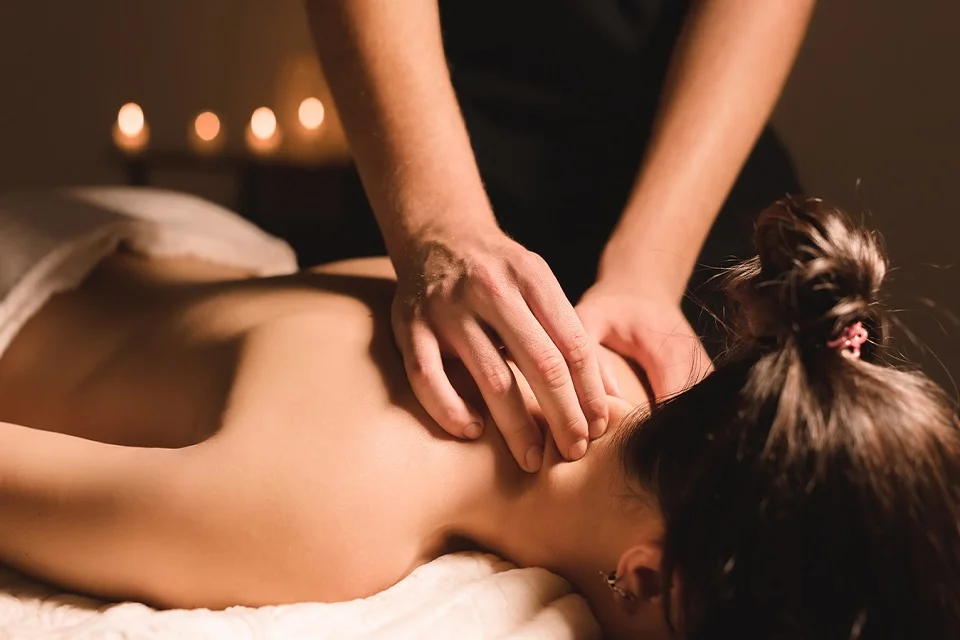
Abhyang (Oil massage)
अभ्यङ्गमाचरेन्नित्यं, स जराश्रमवातहा|
दृष्टिप्रसादपुष्ट्यायुःस्वप्नसुत्वक्त्वदार्ढ्यकृत्||८||
शिरःश्रवणपादेषु तं विशेषेण शीलयेत्|
One should do Abhyanga every day as it avoids aging, Tiredness, and Vata disorders; also it improves vision, increases longevity, gives good sleep and skin, and increases muscles of the body.
One should applies TilaTaila on Shira(head), Shravan(ear), Pada(foot).
Vyayam (Exercise)
लाघवं कर्मसामर्थ्यं दीप्तोऽग्निर्मेदसः क्षयः|
विभक्तघनगात्रत्वं व्यायामादुपजायते||१०||
Lightness (of the body), ability to do (hard) work, keen digestion, depletion of (excess) fat, stable and distinct physique accure from Okayama (physical exercise). One should exercise daily it increases strength, increases digestive fire, reduces fat, and muscles can be visible clearly.
अर्धशक्त्या निषेव्यस्तु बलिभिः स्निग्धभोजिभिः||११||
शीतकाले वसन्ते च, मन्दमेव ततोऽन्यदा|
One should normally exercise half of his capacity in shitakala(winter) and Vasantrutu. In other season less exercise thatn that. Persons suffering from diseases of våta and pitta; children, the aged and those having indigestion should avoid it .
Mardan (Massage)
तं कृत्वाऽनुसुखं देहं मर्दयेच्च समन्ततः||१२||
After exercise done Mardan with less pressure in anuloma way.
Udvartan (Powder massage)
उद्वर्तनं कफहरं मेदसः प्रविलायनम्|
स्थिरीकरणमङ्गानां त्वक्प्रसादकरं परम्||१५||
Udvartan decreases kapha and Meda(fat), best in Twakaprasadkar.one should do Udvartan with Kashayrasdravya like Haritaki etc.
Snana (Bath)
दीपनं वृष्यमायुष्यं स्नानमूर्जाबलप्रदम्|
कण्डूमलश्रमस्वेदतन्द्रातृड्दाहपाप्मजित्||१६||
Regular bathing increases digestive fire, sexual power, longetivity, excitement and strength of body. It removes itching, impurities, tiredness, sweat, thirst, burning, diseases.
उष्णाम्बुनाऽधःकायस्य परिषेको बलावहः|
तेनैव तूत्तमाङ्गस्य बलहृत्केशचक्षुषाम्||१७||
One should bath with hot waterfor whole body, except head because hot bath on head causes hairfall and eye diseases.
Bath is contra-indicated for those suffering from facial paralysis, diseases of the eyes, mouth and ears, diarrhoea, flatulence, pinasa (discharge of foul-smelling liquid from the nose), indigestion and who have just taken food.
Bhojan(Eating)
In the middle of the first hour of the night, food should be consumed in lesser quantity than during the day. Slow digestive food should be avoided at night. Eating should be done following the Aahar vidhividhan.
Shayan (Sleeping)
The early night and the early morning are for the practice of Vedas study, so the middle six hours are considered suitable for sleeping. The sleeping place should be clean and pure. The length and width of the bed should be in sufficient place. bed should be straight.
Conclusion
Dincharya is the art of living according to the rhythm of the day. Dincharya is an ancient practice that can help you understand how your body works and give you the tools to make better decisions in your life in daily routine. It also helps you improve your well-being and bring balance to your body and mind. The following sections explore the benefits of dincharya and how you can use these practices in your life.
When it comes to getting the most out of your life there is no better time than the present. If you are looking for a holistic approach to wellness that is both time-tested and highly effective, you should integrate dincharya into your routine today.
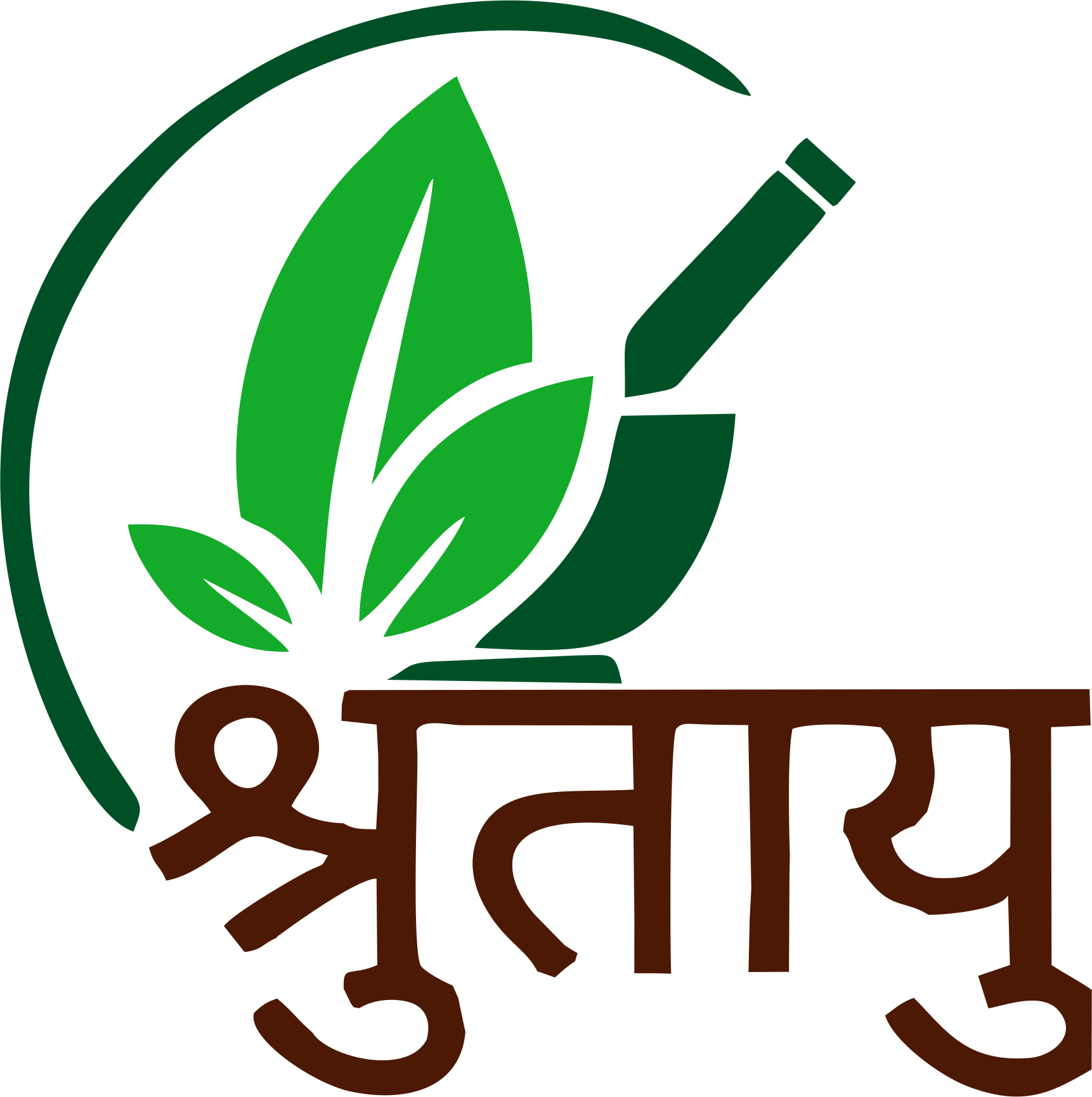
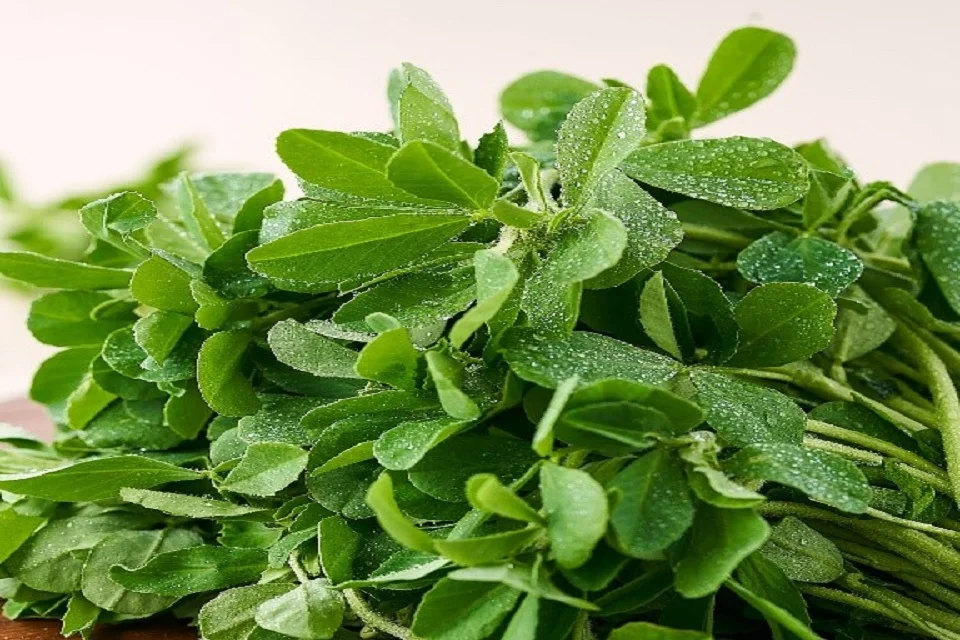


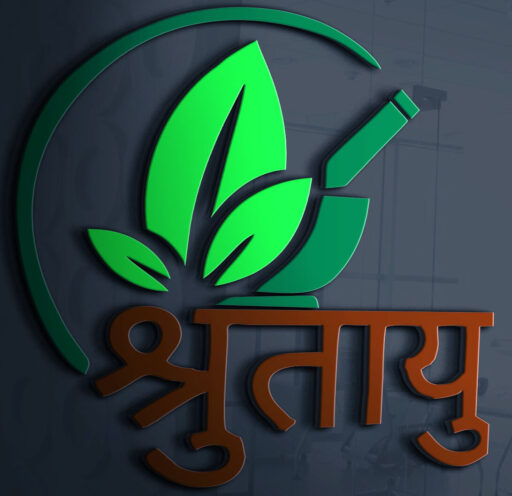
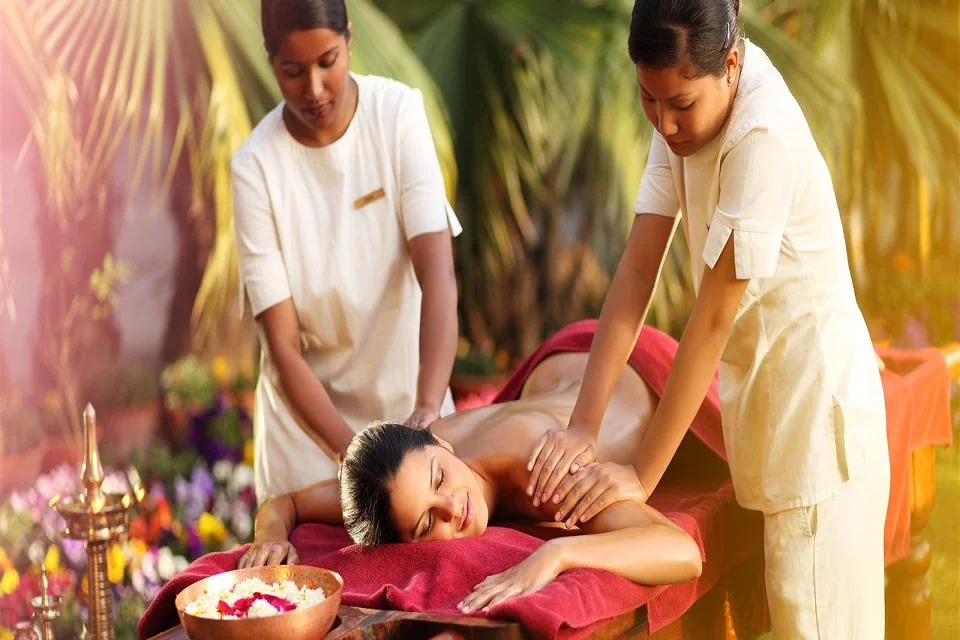
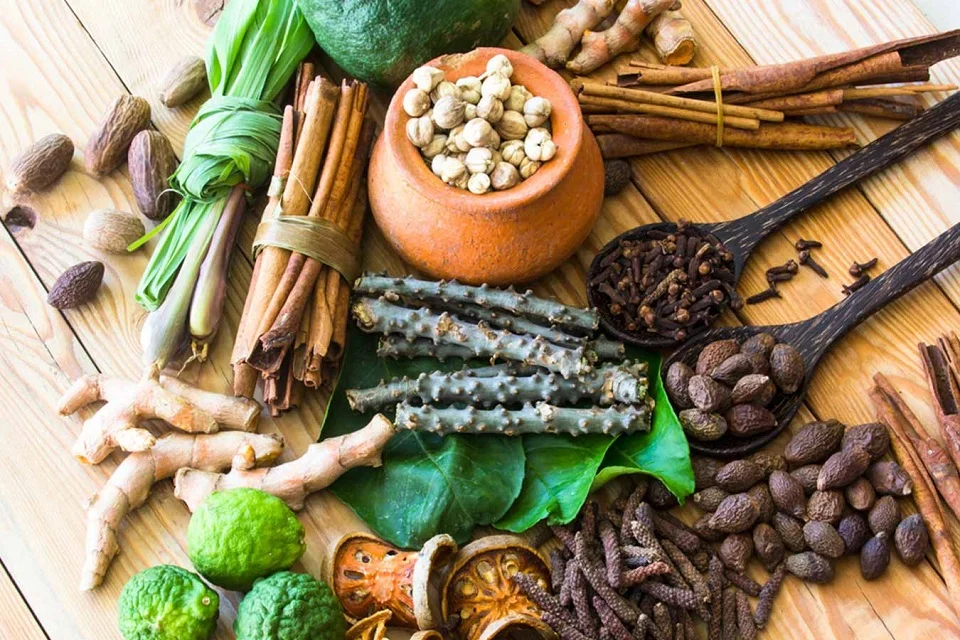
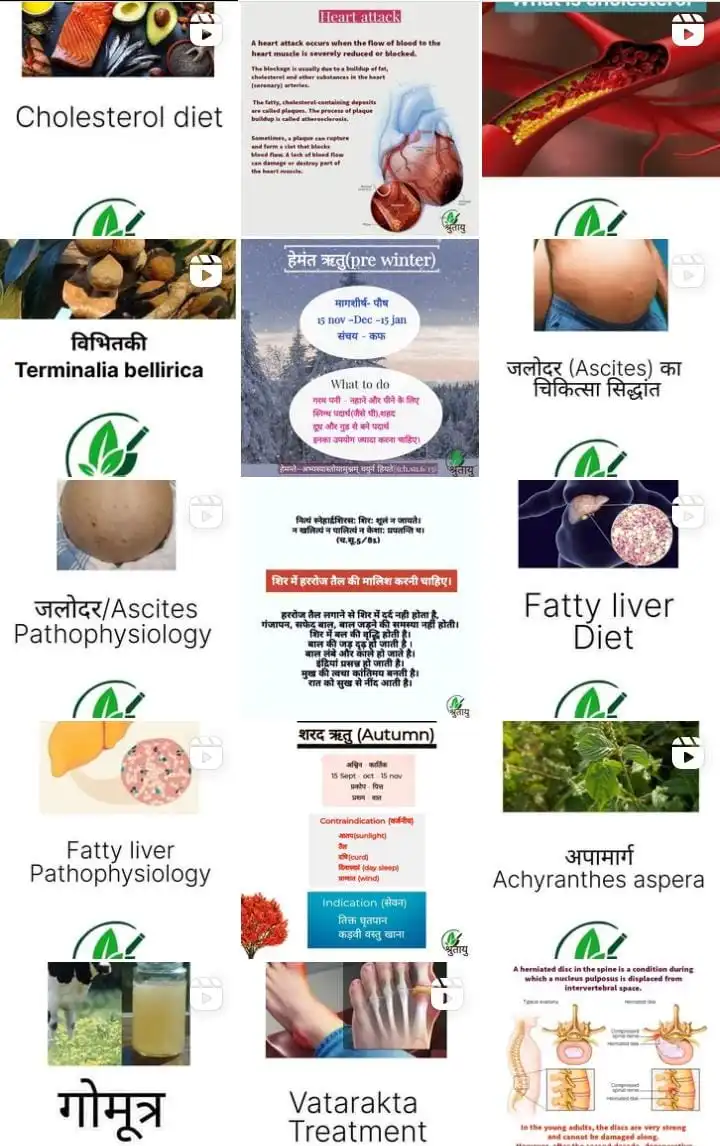
Got Something To Say